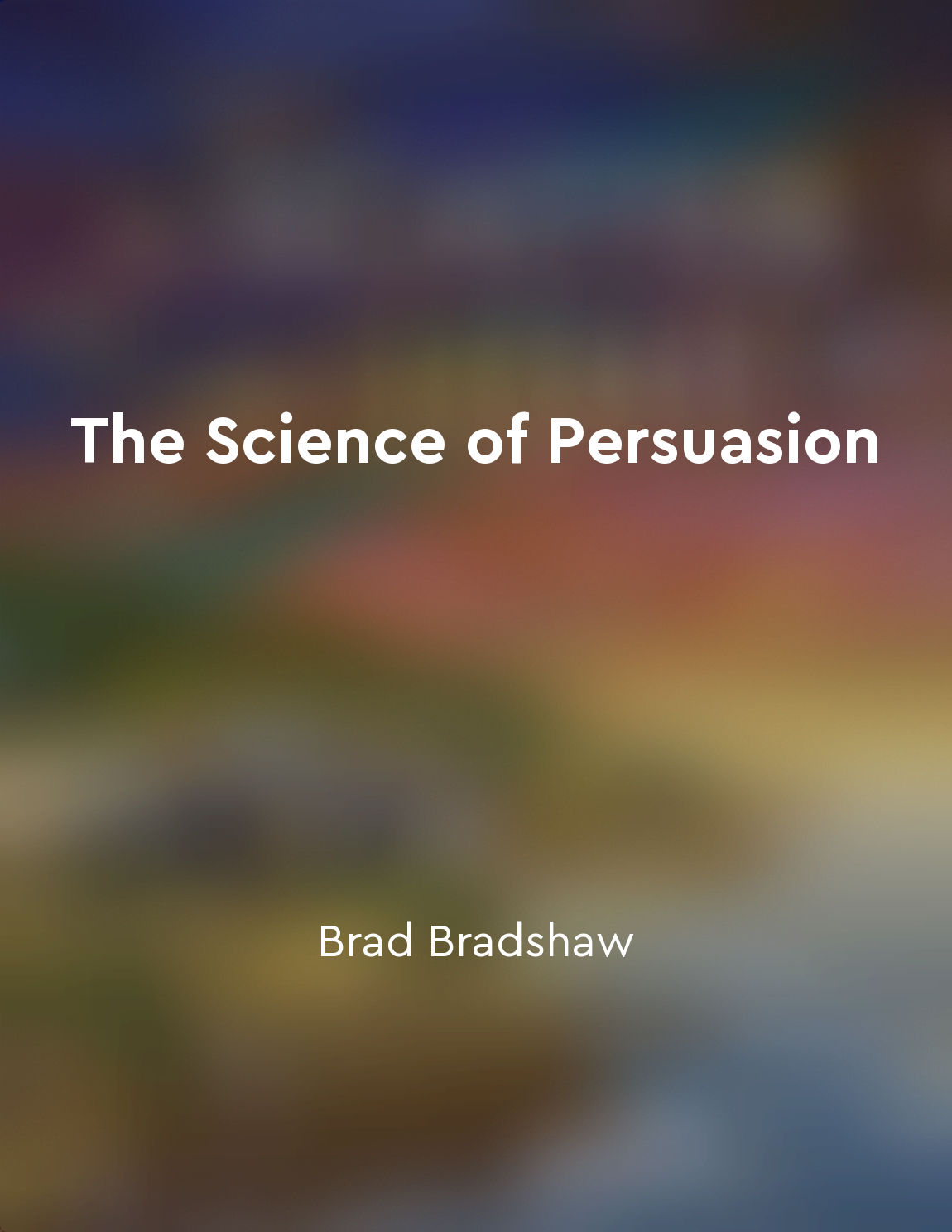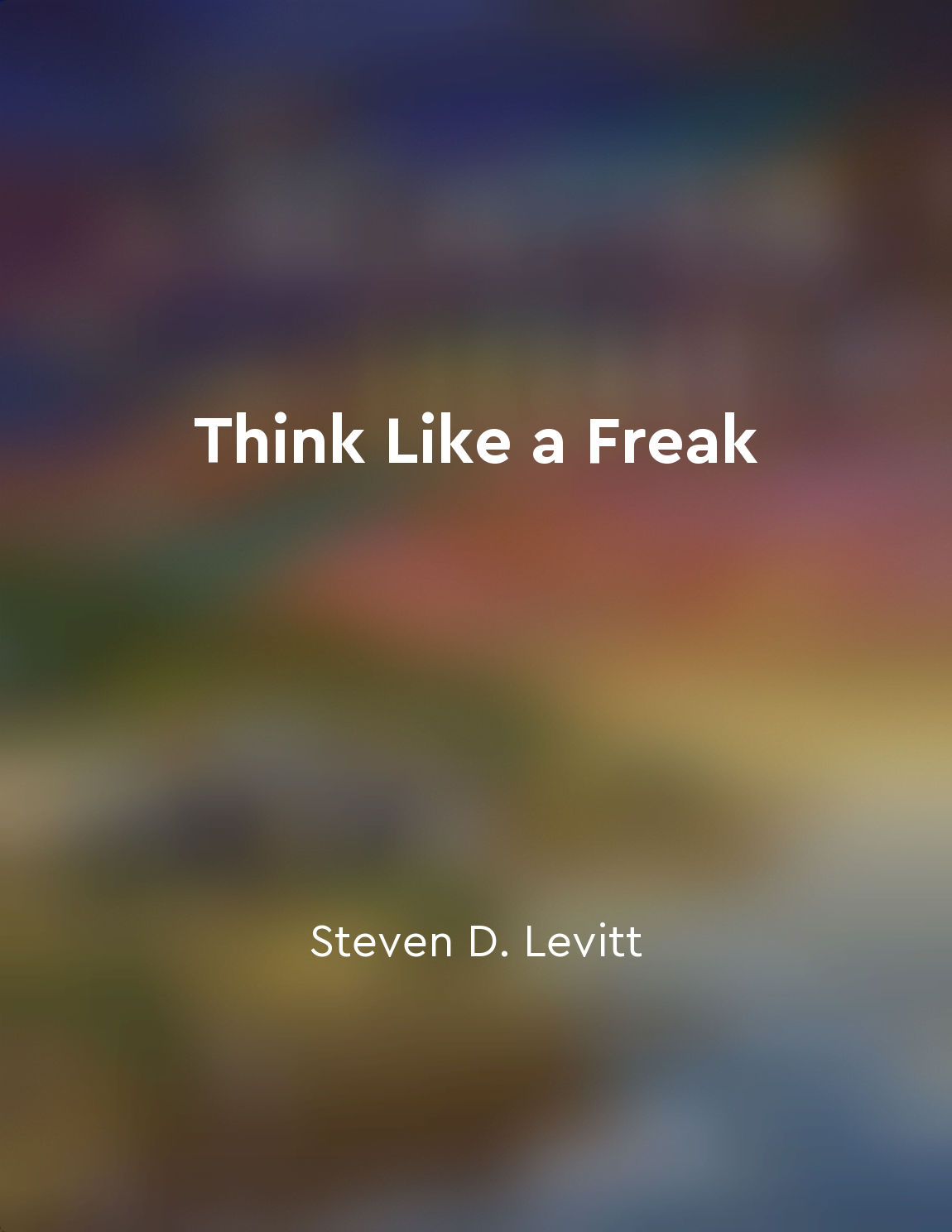Thaler advocates for improving choice architecture from "summary" of Misbehaving by Richard H Thaler
Thaler is a strong proponent of improving choice architecture, which essentially means designing the environment in which people make decisions to help them make better choices. This concept is based on the idea that individuals often make decisions that are not in their best interest due to various biases and cognitive limitations. By making small changes to the way choices are presented, Thaler believes that we can nudge people towards making decisions that align more closely with their long-term goals. One example of how choice architecture can be improved is through the use of default options. Thaler argues that defaults have a powerful influence on decision-making because most people tend to stick with the default choice rather than actively choosing an alternative. By setting more beneficial default options, such as enrolling employees in a retirement savings plan unless they opt out, individuals can be nudged towards making choices that lead to better outcomes. Another way to improve choice architecture is by simplifying the decision-making process. Thaler suggests that presenting information in a clear and straightforward manner can help individuals make better decisions. For instance, providing information in terms of concrete numbers rather than abstract percentages can make it easier for people to understand the implications of their choices. Furthermore, Thaler emphasizes the importance of transparency in choice architecture. By making the decision-making process more transparent, individuals can better understand the consequences of their choices and make more informed decisions. This can help to counteract biases and prevent individuals from being misled by confusing or misleading information.- Thaler's advocacy for improving choice architecture is rooted in the belief that small changes to the way choices are presented can have a significant impact on decision-making outcomes. By designing the choice environment in a way that aligns with individuals' long-term goals and helps them overcome cognitive biases, we can nudge people towards making better decisions without restricting their freedom of choice.
Similar Posts

Misleading heuristics can lead to errors in judgment
The human mind often relies on mental shortcuts, or heuristics, to make decisions quickly and efficiently. These heuristics can...
Be resilient in the face of adversity
When you encounter challenges, setbacks, and failures, it's essential to remain strong and adaptable. Life is unpredictable, an...

Monetary policy influences interest rates
Monetary policy plays a crucial role in shaping interest rates within an economy. The central bank, through its various tools, ...
Monetary policy can affect aggregate demand through interest rates
Monetary policy is a powerful tool that policymakers use to influence the overall level of economic activity. One way in which ...
The process of choice can be empowering
The power of choice lies not just in the outcome but in the process itself. When we are faced with a decision, we are presented...
Selfcontrol issues impact financial planning
Self-control issues can have a significant impact on an individual's ability to effectively plan for their financial future. Th...
Economic inequality is a persistent challenge
Economic inequality is a persistent challenge that has plagued societies throughout history. The unequal distribution of wealth...
Recognize the power of incentives
Incentives drive behavior – this is a fundamental principle of human psychology. We respond to rewards and punishments, seeking...

Using the right language is important
Language plays a crucial role in influencing people's decisions and actions. The words we use can have a significant impact on ...

Don't follow the crowd
The idea of not following the crowd is a simple one, but it is often easier said than done. When faced with a decision, our nat...

